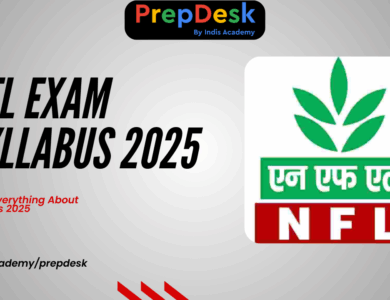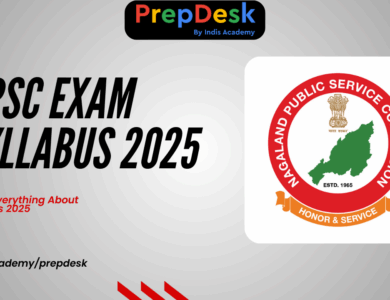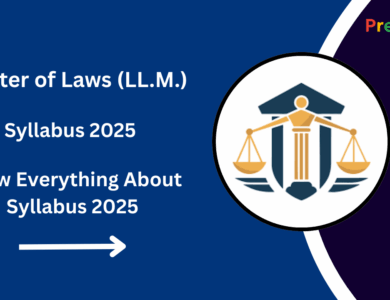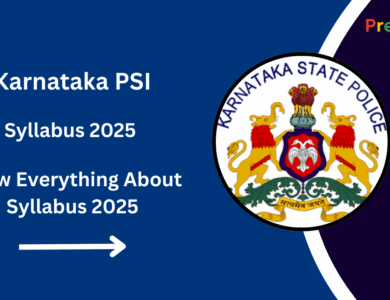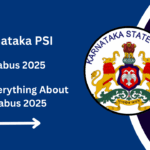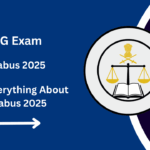CBSE Class 4th NCERT Syllabus 2025: Complete Subject-wise Breakdown
“Explore the 2025 CBSE Class 4th syllabus based on NCERT: get complete subject-wise topics, downloadable PDF, preparation tips, marks distribution, sample questions, and recommended books for English, Hindi, Maths, EVS & more.”
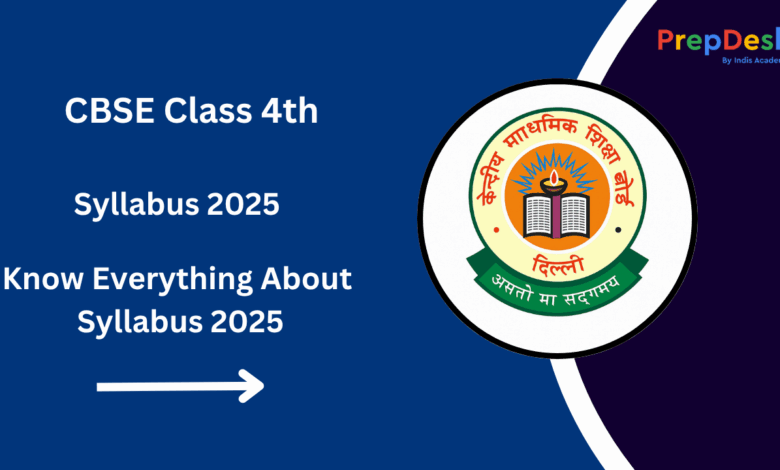
The CBSE Class 4 syllabus for the academic year 2025 is designed to nurture curiosity, develop essential skills, and lay a strong foundation for higher classes. Based on the NCERT curriculum, it emphasizes conceptual clarity, creativity, and problem-solving abilities. This detailed guide covers the subject-wise syllabus, marks distribution, preparation tips, and other relevant details for parents, students, and teachers.
CBSE’s approach for Class 4 focuses on a balanced mix of academic learning, practical activities, and moral values to ensure holistic development.
CBSE Class 4 Exam Overview
| Feature | Details |
|---|---|
| Board | Central Board of Secondary Education (CBSE) |
| Class | 4th Grade |
| Academic Session | 2025 |
| Syllabus Source | NCERT (National Council of Educational Research and Training) |
| Subjects | English, Hindi, Mathematics, Environmental Studies (EVS), General Knowledge, Computer Science, Art & Craft, Moral Education |
| Assessment | Formative Assessment (FA) + Summative Assessment (SA) + Internal Activities |
| Grading System | Grades (A1, A2, B1, B2, C1, C2, D, E) |
| Exam Pattern | Theory + Oral/Practical |
| Total Marks | 100 per subject (varies for co-scholastic subjects) |
CBSE Class 4 Subjects and Topics – 2025
Below is the detailed subject-wise syllabus along with marks distribution and topic descriptions.
1. English (NCERT – Marigold Book)
| Unit / Topic | Description | Marks |
| Unit 1 – Wake Up! / Neha’s Alarm Clock | Poem and story focusing on morning routines and nature | 10 |
| Unit 2 – Noses / The Little Fir Tree | Poem and story about self-awareness and nature | 10 |
| Unit 3 – Run! / Nasruddin’s Aim | Poem and moral story on determination | 10 |
| Unit 4 – Why? / Alice in Wonderland | Encourages curiosity and imagination | 10 |
| Unit 5 – Don’t be Afraid of the Dark / Helen Keller | Motivational poem and biography | 10 |
| Unit 6 – Hiawatha / The Scholar’s Mother Tongue | Focus on Native American culture & respect for language | 10 |
| Unit 7 – A Watering Rhyme / The Giving Tree | Poem and story on kindness & environment | 10 |
| Unit 8 – Books / Going to Buy a Book | Love for reading and value of books | 10 |
| Unit 9 – The Naughty Boy / Pinocchio | Fun poem and classic story | 10 |
| Grammar, Writing & Comprehension | Tenses, Nouns, Pronouns, Letter Writing, Story Writing | 10 |
Recommended Books:
- NCERT Marigold – Class 4
- Oxford English Grammar for Schools – Level 1
2. Hindi (NCERT – Rimjhim Book)
| पाठ / कहानी | विवरण | अंक |
| पाठ 1 – मन के भोले-भाले बादल | कविता – प्रकृति से जुड़ाव | 10 |
| पाठ 2 – जैसा सवाल वैसा जवाब | कहानी – समझदारी और उत्तरदायित्व | 10 |
| पाठ 3 – किरमिच की गेंद | कहानी – खेल और मित्रता | 10 |
| पाठ 4 – पापा जब बच्चे थे | कहानी – पुरानी यादें | 10 |
| पाठ 5 – दोस्त की पोशाक | कहानी – मदद और सहयोग | 10 |
| पाठ 6 – नाव बनाओ नाव चलाओ | कविता – कल्पना और खेल | 10 |
| पाठ 7 – दान का हिसाब | कहानी – दान और नैतिकता | 10 |
| पाठ 8 – कौन | कविता – आत्मचिंतन | 10 |
| पाठ 9 – स्वंत्रता की ओर | कहानी – आज़ादी और वीरता | 10 |
| व्याकरण व लेखन | संज्ञा, सर्वनाम, क्रिया, पत्र लेखन, अनुच्छेद | 10 |
Recommended Books:
- NCERT Rimjhim – Class 4
- Bal Ramkatha – CBSE Supplementary Reader
3. Mathematics (NCERT – Math-Magic Book)
| Chapter | Description | Marks |
| 1. Building with Bricks | Shapes, patterns, and construction | 8 |
| 2. Long and Short | Measurement of length | 8 |
| 3. A Trip to Bhopal | Numbers and operations | 8 |
| 4. Tick-Tick-Tick | Time reading and conversion | 8 |
| 5. The Way the World Looks | Perspective drawing | 8 |
| 6. The Junk Seller | Multiplication and division | 8 |
| 7. Jugs and Mugs | Measurement of capacity | 8 |
| 8. Carts and Wheels | Geometry – circles | 8 |
| 9. Halves and Quarters | Fractions | 8 |
| 10. Play with Patterns | Number patterns | 8 |
| 11. Tables and Shares | Multiplication tables and division | 8 |
| 12. How Heavy? How Light? | Weight measurement | 8 |
| 13. Fields and Fences | Perimeter and area | 8 |
| 14. Smart Charts | Data representation | 8 |
Recommended Books:
- NCERT Math-Magic – Class 4
- R.S. Aggarwal Primary Mathematics
4. Environmental Studies (EVS – NCERT Looking Around)
| Chapter | Description | Marks |
| 1. Going to School | Different ways of commuting | 5 |
| 2. Ear to Ear | Animal characteristics | 5 |
| 3. A Day with Nandu | Elephant’s life | 5 |
| 4. The Story of Amrita | Environmental conservation | 5 |
| 5. Anita and the Honeybees | Beekeeping and entrepreneurship | 5 |
| 6. Omana’s Journey | Railway journey experience | 5 |
| 7. From the Window | Nature observation | 5 |
| 8. Reaching Grandmother’s House | Travel and geography | 5 |
| 9. Changing Families | Family structures | 5 |
| 10. Hu Tu Tu, Hu Tu Tu | Games and teamwork | 5 |
| 11. The Valley of Flowers | Plant biodiversity | 5 |
| 12. Changing Times | Evolution of tools and houses | 5 |
| 13. A River’s Tale | Water pollution | 5 |
| 14. Basva’s Farm | Farming methods | 5 |
| 15. From Market to Home | Supply chain | 5 |
| 16. A Busy Month | Bird behavior | 5 |
| 17. Nandita in Mumbai | Urban life | 5 |
| 18. Too Much Water, Too Little Water | Water issues | 5 |
| 19. Abdul in the Garden | Gardening basics | 5 |
| 20. Eating Together | Cultural importance of meals | 5 |
| 21. Food and Fun | Nutrition awareness | 5 |
| 22. The World in My Home | Values and respect | 5 |
| 23. Pochampalli | Weaving tradition | 5 |
| 24. Home and Abroad | Cultural differences | 5 |
| 25. Spicy Riddles | Spices and trade | 5 |
| 26. Defence Officer: Wahida | Armed forces | 5 |
| 27. Chuskit Goes to School | Inclusive education | 5 |
Recommended Books:
- NCERT Looking Around – Class 4
CBSE Class 4 Marks Distribution Overview
| Subject | Theory Marks | Internal Assessment | Total Marks |
| English | 80 | 20 | 100 |
| Hindi | 80 | 20 | 100 |
| Mathematics | 80 | 20 | 100 |
| EVS | 80 | 20 | 100 |
| Computer Science | 50 | 50 (Practical) | 100 |
| General Knowledge | 50 | 50 (Oral/Quiz) | 100 |
Preparation Tips for CBSE Class 4
- Follow NCERT Books Strictly – All exam questions are based on NCERT.
- Make a Timetable – Allocate time for each subject.
- Practice Writing – Especially for language subjects.
- Use Flashcards – For quick revision of facts.
- Solve Previous Papers – Even for Class 4, practice improves confidence.
- Stay Curious – Encourage asking questions in class.
- Revise Weekly – Short but regular revisions.
Specialization and Skills Development in Class 4
Although Class 4 is foundational, CBSE encourages special skill growth in:
- Creative Writing & Storytelling
- Problem-Solving in Mathematics
- Basic Computer Literacy
- Art, Music, and Physical Education
- Teamwork and Leadership in group activities
CBSE Class 4 Syllabus PDF Download
You can download the official CBSE Class 4 Syllabus PDF (2025) from the CBSE Academic Repository: CBSE Official Website – Academic Resources
Conclusion
The CBSE Class 4 Syllabus 2025 is structured to ensure all-round development while keeping learning fun and engaging. With the right study plan, consistent practice, and parental guidance, students can build a strong academic foundation and develop essential life skills.
Important FAQs
Q1. Is the CBSE Class 4 syllabus the same in all schools?
Yes, CBSE-affiliated schools follow the NCERT syllabus, but schools may add extra activities.
Q2. Are there any changes in the 2025 syllabus?
No major changes; minor topic enhancements have been made for better learning.
Q3. Which books are best for Class 4 CBSE preparation?
NCERT books are sufficient, but extra practice from reference books is helpful.
Q4. How many marks are required to pass?
A minimum of 33% marks in each subject.
Q5. Where can I download the syllabus?
From cbseacademic.nic.in or your school’s portal.
